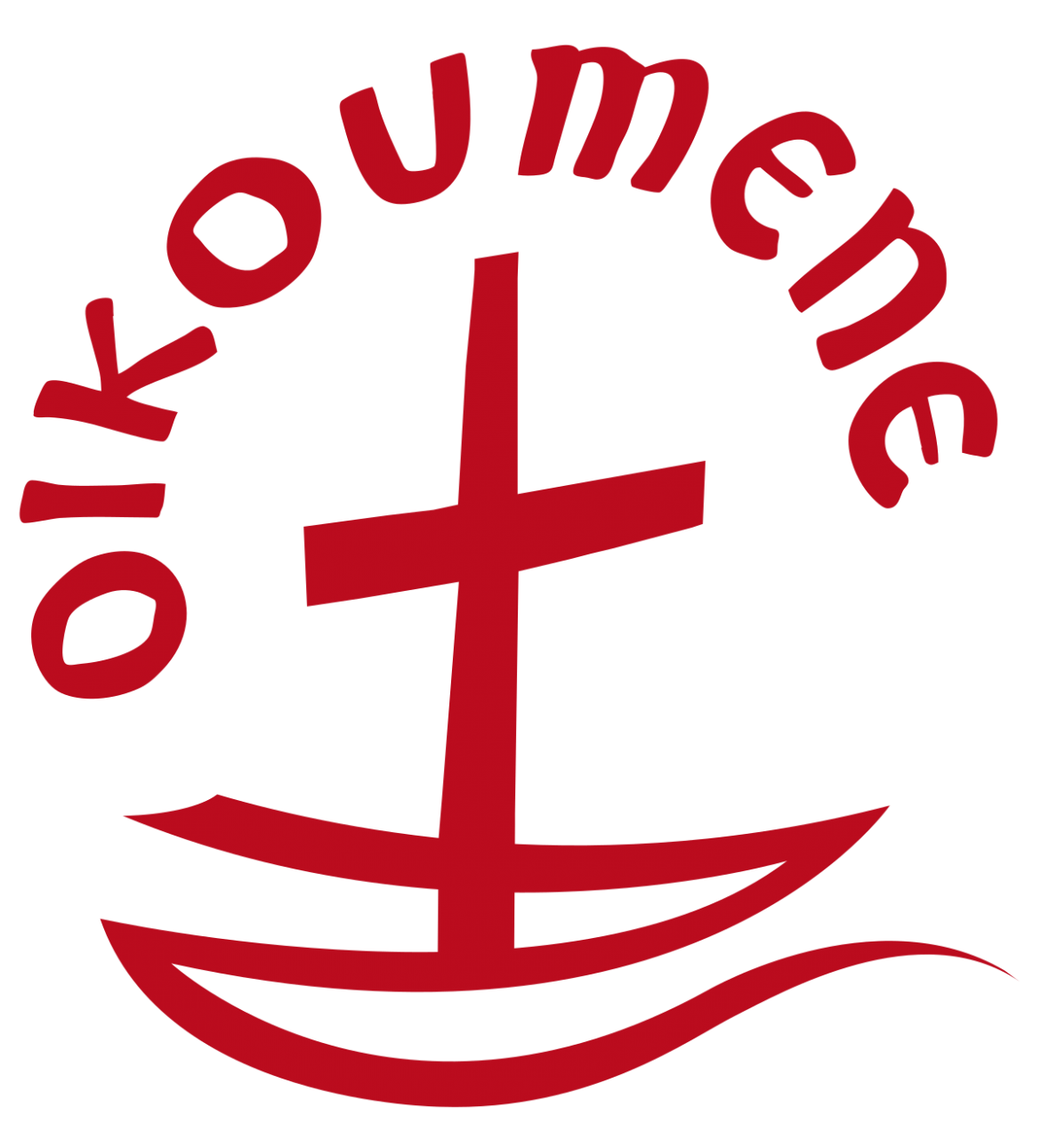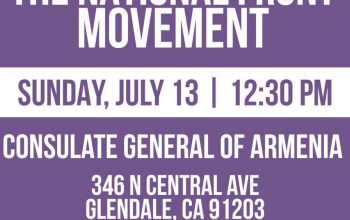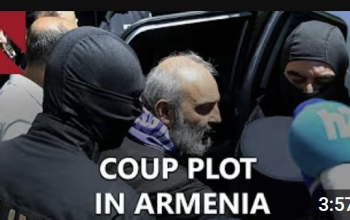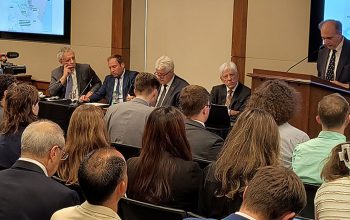A global Christian alliance has condemned the Armenian government’s intensifying pressure campaign against the Armenian Apostolic Church, warning it threatens religious freedom and democratic norms in the country.
The World Council of Churches (WCC), an international fellowship of 352 Orthodox and Protestant churches, issued a statement Tuesday expressing “deep concern” over the arrest of two archbishops and government actions targeting the Church’s top clergy.
“Reports of force being used within sacred spaces and the detention of clergy raise significant concerns about the protection of religious freedom, the sanctity of worship, and the autonomy of religious institutions,” read the statement from Rev. Jerry Pillay, the WCC’s general secretary.
Pillay urged the Armenian authorities to “refrain from actions or statements” that undermine the principles of religious liberty, due process, and the peaceful exercise of faith. He affirmed the WCC’s solidarity with the Armenian Apostolic Church, lauding its historic role in both Armenia’s national identity and the broader Christian world.
The warning comes amid a dramatic escalation between Prime Minister Nikol Pashinyan’s administration and the Armenian Church. Since June, two senior clerics—Archbishop Bagrat Galstanyan and Archbishop Mikael Ajapahyan—have been charged with plotting a violent overthrow of the government. Both men deny the allegations, calling the cases politically motivated. Catholicos Garegin II, the Church’s supreme head, and Armenia’s opposition leaders have echoed that stance.
The standoff has drawn widespread public attention. On June 25, Galstanyan and 14 supporters were arrested and accused of conspiring to commit “terrorist acts.” Two days later, security forces raided the Church’s Mother See in Echmiadzin to apprehend Ajapahyan, only to be repelled by hundreds of outraged priests and laypeople. Ajapahyan later surrendered voluntarily. The unprecedented raid sparked immediate condemnation from opposition figures and civil society leaders.
Despite the backlash, Prime Minister Pashinyan doubled down this week, warning that another raid on Echmiadzin may be imminent. On Tuesday, he vowed to personally lead what he called the “liberation” of the Church’s historic headquarters.
Critics say Pashinyan’s confrontation with the Church is politically calculated—intended to suppress a powerful institution that has emerged as a moral counterweight to his government, especially following his controversial concessions to Azerbaijan. Many also believe the crackdown is meant to appease Baku.
Tensions have escalated since Catholicos Garegin II participated in a May conference organized by the WCC in Switzerland, focused on preserving Armenian religious and cultural heritage in Nagorno-Karabakh. In his remarks, Garegin accused Azerbaijan of ethnic cleansing, denounced its ongoing occupation of Armenian border villages, and condemned the “show trials” of eight former Karabakh officials held by Baku.
In response, Azerbaijan’s top Shiite cleric and close government ally, Sheikh-ul-Islam Allahshukur Pashazade, issued a letter to the WCC on June 11 accusing the Armenian Church of spreading “revanchist propaganda” and inciting Armenians to “fight to the death.”
The WCC has stood by the Armenian Church, with Rev. Pillay calling on Armenian authorities to safeguard the legal rights of all religious leaders and institutions. “We continue to pray for wisdom and discernment among Armenia’s leaders,” he said, “for the well-being of its clergy and faithful, and for a resolution grounded in justice, peace, and respect for all.”




